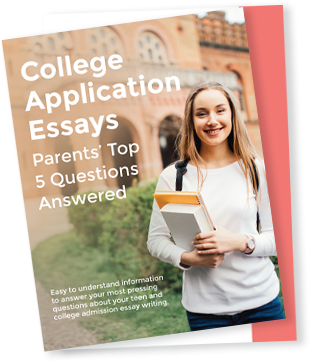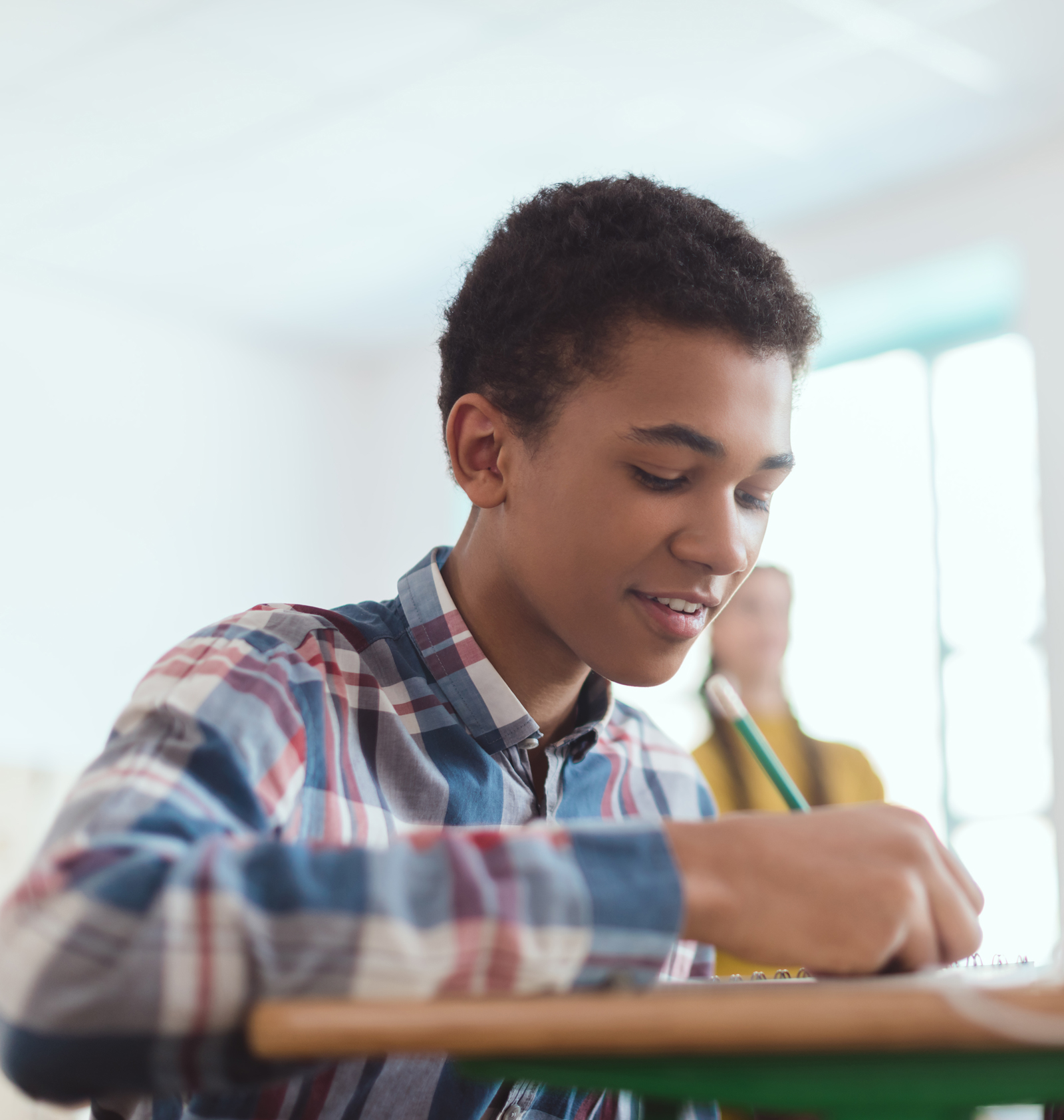[Did you know that approximately 59 million people actively use tablets in the United States? Are you aware that Apple sold 14.4 million iPads in 2013? Like my household, I’m sure either through your school support or personal interest, you and your family members easily fit into those statistics. The vast array of tablet use peaked our curiosity from easy picture taking to fun face timing and simple electronic playing for our kids. Perhaps you even read a handful of books like the Hunger Games series last year or your middle school child cruised through Wonder by RJ Palacio reading on your tablet; however, would you read a difficult, analytical research article on your device? Would you advocate your child study a challenging work like Jane Eyre, Crime and Punishment, or Macbeth on an electronic device?
Now that we bask in the glow of glossy iPad screens or compact Kindle Fires, we need to take a step back and examine how such electronic devices effect the quality of our reading. In a recent article in the Scientific American, researchers prove how reading on screens actually detracts from a person’s reading comprehension with challenging texts. Let’s take a look at some of the claims that prove how paper books serve emerging readers better than the iPad or the Kindle Fire. Let’s also keep in mind that by emerging readers, we really mean any reader who is growing into the text at hand; therefore, clearly a 17 year old can be en emerging reader to a difficult, complex text like Madame Bouvary or Wuthering Heights.
Touch: Researchers argue that when we employ our sense of touch, when we hold a book in our hands, messages are sent to our brains signaling the amount of pages remaining; through this signal, we regain focus with our reading materials. By physically touching a book, we acknowledge if we have the entire book to read, about half the book to read, or only a small amount left. As my second grade daughter Molly remarked to me while holding her beginner chapter book, “Mom, I know I have so much reading to go because my right hand has so many pages compared to my left hand.” On the iPad or Kindle Fire, although you can see the percentage of reading left, you simply can not feel that amount in your hands like you can in a book.
Sound: Can you hear the pages turning? The soft ripple of your book’s edge against the pillow on your lap as you read? Researchers argue that although sophisticated technologies try to mimic the actual sound of pages turning, the software is not enough to fully capture the sound we hear as we read. Does this effect really matter to you? Perhaps as a grown adult, the answer is no; however, young or emerging readers can pay better attention to their reading task at hand as they employ the sense of sound and as they mentally picture the amount of reading remaining in their book.
Sight: Bright light, headaches, frustration. Yes, you can alter the brightness on the iPad or the Kindle Fire, however, there is no denying the fact that your eyes are receiving information from light when reading on screens. The light does not have a detrimental effect on a person if you quickly check email, skim through news headlines, or send a text; but, what happens as your beginning reader increases his/her reading time? Additionally, staring at the light on a screen can prolong bedtime and stimulant your child’s energy instead of helping him/her relax. The calming effects of reading from paper outweigh the glaring pressure and stimuli of light from a screen for a prolonged period of time.
Mental Focus: Finally, pretend you are a kid again and your parents tell you to turn on your family television and complete your homework. You might laugh at your parents because you immediately associate TV with your favorite cartoons like Scooby Doo or the Smurfs or with visions of Ms. Pacman; could you even imagine reading a challenging Shakespearean play or Homer’s the Odyssey from your TV screen? As kids play video games, watch You Tube, and Face Time with their friends through their electronic devices, they primarily think “fun” and “social” toy; mentally transitioning to academic, and intellectual with an iPad takes more metal energy than the homework itself. Kids easily click away from their homework to check FaceBook or play a quick game of Angry Birds, lose focus on their academic work, and take a much longer time completing their work due to the distractions.
Researchers advise that if your child has any problems whatsoever trying to block out the temptation of social media or electronic games then stay clear of uploading books onto his/her electronic device and stick with the paper addition. Turn phones off, and read the paper text book. You not only can increase the potential for your child to improve his reading, but you just might eliminate another argument involving “too much screen” usage. We all need to work together to fit the best balance between technology and our social needs; kids crave discipline and boundaries, go ahead and engrave such rules for your family and tablet use. Although many aspects of technology prove helpful in our lives to ease quick communication about pick up times and grocery lists, to snap an adorable picture of your child and send it instantly to your far away aunt, to check important emails, we know that technology also can harm our kids’ developing reading skills. Perhaps gaining an awareness of how the basic, paper based text proves a more effective tool will help us hold on to what is good in the world of reading when the material is challenging: paper based books. Back to the basics, where we can can employ our senses touch and sound, and where we remain connected to the author’s words on the pages we feel in our hands.
Please post a comment! I welcome any thoughts related to reading and electronic devices and paper books!







